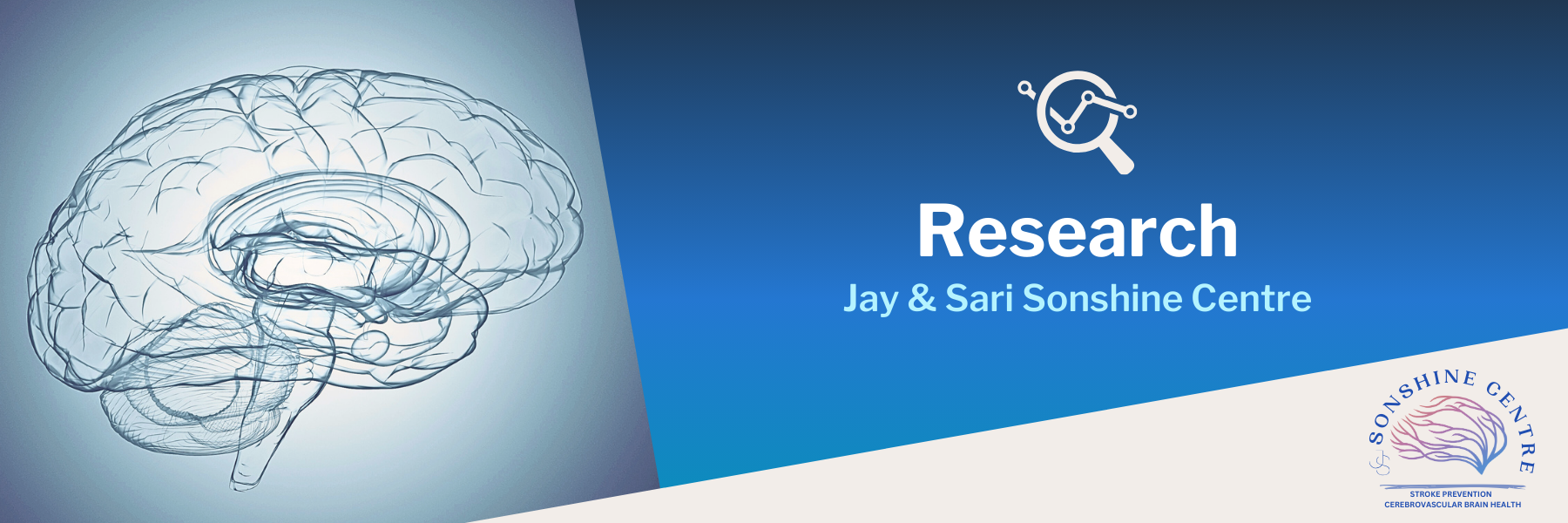
Over the past three decades, the global incidence of stroke has increased by 70%, making it a major public health issue. Stroke incidence among young adults (≤ 65 years) has risen by 40% in the past decade, largely due to modifiable risk factors like hypertension, poor diet, dyslipidemia and low physical activity. This rise has significant implications, leading to complex psychological, mental, physical and cognitive deficits, impaired quality of life and substantial healthcare costs. However, lifestyle medicine, as a science-based medical discipline, along with behavioural changes aimed at optimizing lifestyle habits, offers long-lasting benefits and protective effects on brain health, risk factors, morbidity, mortality and overall quality of life.
Using mixed methodology through implementation science, we translate and mobilize knowledge to the public and communities, enabling co-design in health care and innovating research methodologies. Our center collaborates with a multidisciplinary team to harness evidence-based knowledge, patient-lived experiences, community needs, and research innovations through population studies to identify the most effective strategies for
combating age-related brain diseases. This teamwork extends beyond the clinical setting, engaging in community outreach and professional activities locally and globally.
Below you can trace selected parts of our research journey, beginning with identifying the gaps in the current stroke prevention and post-stroke care models, to understanding how to co-develop innovative and improved models of care that incorporate holistic approaches to address those gaps and optimize long-term brain care and stroke prevention.
Selected Projects
Y Stroke Needs
"Exploring Unmet Needs and Preferences of Young Adult Stroke Patients For Post-Stroke Care Through PROMs and Gender Differences"
Funded by: CIHR
Read more
Know Brain Embrace Care
"Know Brain Embrace Care: A Mixed Methods Study" – Exploring knowledge, habits, barriers & facilitators around lifestyle & stroke prevention
Funded by: UofT The Slamen-Fast New Initiatives in Neurology
Women's Toolkit
Co-development of an Educational Toolkit to support young women's parental role, responsibilities, and goals post-stroke.
Funded by: UHN Women's Health Program
Read more
Realist Review Lifestyle Medicine
"Realist Review: How, Why & For Whom Lifestyle Medicine Interventions Work For The Management of Hypertension to Reduce Stroke & Vascular Cognitive Impairment and Dementia"
Funded by: CIHR
Read more
Splendor Care Model
Developing an Innovative
Stroke
Prevention
LSM Programmed
Education and Coaching Group Visit Model
of Care (SPLENDOR Care Model)
Funded by: AMO/IFPOC
Read more
Collaborative Projects
JS Sonshine Chair Summer Student Award
The 2025 JS Sonshine Chair Summer Student Award, established in 2024, is open again. Applications are due April 30, 2025, at 5:00 pm EST.
UHN's Jay and Sari Sonshine Centre in Stroke Prevention and Cerebrovascular Brain Health supports various innovative projects in education, quality improvement and clinical practice around brain care and health to improve current stroke prevention initiatives that incorporate lifestyle-based education and patient-directed approaches.
The centre also supports knowledge translation and mobilization projects on stroke prevention that benefit local or global communities.
Interested students must be:
- Full-time and enrolled in an undergraduate, postgraduate or health professional degree program in a clinical or non-clinical field (e.g., health sciences, epidemiology, biostatistics, and public health students, medical students)
- Or in course-based graduate health sciences and public health programs
Learn more about the
JS Sonshine Chair Summer Student Award
and
apply today
.
